Did you know that a votive candle is one of those short, squat candles that people use for prayer or, like, to put on their outside stairs when they’re hosting a fancy party? I did not. But “votive” is the word I blurted out when
was trying to describe the type of tall candle she lit as a way to psychically summon Reese Witherspoon. A decade ago, Cheryl was waiting to hear whether or not the actor was interested in taking the lead role in the movie adaptation of Wild, her best-selling 2012 memoir. So she lit the big candle (maybe it was a pillar or a taper, now that I google it) and every time she walked by it, she whispered “Reese… Reese.” It worked! Witherspoon indeed took the role, the movie was a hit, and the two became great friends.Cheryl is super-famous because of Wild, which is the same reason Oprah loves her, but she’s also beloved for her advice column,
, which she started writing at The Rumpus around the time that Wild was about to blow up. She wrote it anonymously at first, and for no pay. She just fell in love with the idea of turning an advice column into a forum for literary essays about life. She had ample material to draw on: an impoverished childhood in rural Minnesota; a much-loved mother who passed away when Cheryl was 22; a downward spiral that ensued and involved a lot of sex and heroin; and a life-changing, soul-finding, shoe-destroying solo trek along the Pacific Crest Trail.A couple weeks ago, I met Cheryl in Portland, Oregon, where it was raining for the first time in several months, and we talked about how she still feels abject terror when faced with a blank page, how if she goes to the Oscars again, she’ll wear Dr. Martens, and about some mountain-themed advice
gave her about finding her own way forward as a writer.“I really believe story is essential to us,” Cheryl told me, lighting a candle for all who believe in the power of writing, “and we need it individually, collectively; we need those stories to tell us who we are, to show us who we can be.”
Quotes from the conversation
On toiling as a writer
We are creating words on the screen or the page where nothing right now exists, and it’s all coming from your mind and your spirit and your heart, and that is big, important work.
On riding a rocket in your 40s
I remember just feeling really very fortunate that I was in my 40s by the time that happened to me, because I did have this experience that was just like an absolute rocket ship ride.
On becoming a bestseller
What I thought when that happened is, “Okay, universe, thank you. Every dream I had about myself as a writer came true, and I can now just go back to my little hiding hole and my little cave and write. Thank you.”
On collaborating with Reese Witherspoon
It wasn’t like I got on the phone and was like, “Oh my god, Reese, thank you so much.” It was like, “Hello, Reese. I really respect your work, and why do you think you would be the person to play this role or to produce this film?” She did both. And we had a wonderful conversation, an hour or two, both of us really talking about our work and our careers and our vision and our lives. And I immediately sensed that I could trust her, and I was not wrong about that.
On grieving and loss
And the way that my mom’s death is my genesis story is that anyone who’s lost somebody who’s essential to them, what happened to me and what happens to all of us when suddenly the world we’re living in is the world without that essential person, the world’s a different place, and not just kind of a different place—a radically different place.
On finding inner strength
I’m such a believer, totally, that turning those ugly things into beauty is really what our job here is. If you want to live a whole, happy, evolved life, you need to figure out a way to do that. We’re all going to have burdens, we’re all going to have stuff happen to us that we really don’t want to have happen to us. We’re all going to suffer, we’re going to be in pain. And so what do you do with that? is really the biggest question I think we all have to answer with our lives.
On the financial pressures of writing
I was on my book tour and my husband texted me and he said, “Cheryl, our rent check bounced. What happened?” And I said, “What happened is we don’t have any money in our account.” And we laughed. It was so stressful, but we laughed because I was like, “Nobody would believe this, that I’m on the New York Times Best Seller list and I don’t have enough money in my account to pay our rent,” and those two things can be true at once.
On leading different lives
I grew up without indoor plumbing in Northern Minnesota, in poverty, 20 miles from the nearest little town of 400 people out in the woods. And I had a wonderful life, and I had a hard life, and I had a life that was utterly and entirely different from the life that I have now.
On writing an advice column for free
The beautiful thing about not being paid to write—which I’m not a super-big fan of, I’ll tell you that much—but the beautiful thing about that was, at least at that moment in my life, is I was like, “Well, nobody’s the boss of me, and I can write whatever I want to write.”
On gaining notoriety as an anonymous writer
I was completely reliant on essentially the readers putting it on Twitter or sharing it with each other. One of the funniest things that would happen to me quite often is other writers and friends would read it, and then they would post it on my Facebook page and say, “Cheryl, I think you would love this.” And I’d be like, “I wrote it.”
On the positive side of anonymity online
The internet could be a beautiful place where people could actually share very vulnerably with each other in a really sincere and loving and supportive way. And that is exactly what happened, and what I fostered and built with the Dear Sugar column.
The power of story
I really, really, really, really believe in the power of story. I really believe story is essential to us, and we need it individually, collectively, we need those stories to tell us who we are, to show us who we can be, to teach us what cruelty is and what beauty is and what love is and what connection is, and what loss is, and what triumph is, and what all those things are. I really, really, really believe it.
Advice from George Saunders
Part of your apprenticeship of becoming a writer is reading those people and studying those people and seeing how they got where they went—not just, obviously, the craft with the words on the page, but even the trajectory of their careers.
On saying “yes” to requests
Part of, I think, staying alive and staying vibrant as an artist is to be curious about the world. And I think that generosity at root is about curiosity.
Cheryl’s recommended read:
by [Sari] has this wonderful take on aging. And what I love about her focus is she always says, “The Oldster is not for people who are getting older.” The whole idea of aging at whatever age you are when you’re 12, you're aging. We use that word to only mean old people, but really it’s about what does this experience of aging teach us? What do we learn from being 22 and 42 and 72 and 102? And people write about that and they answer this questionnaire. And it’s always very inspiring and interesting to read, I love that.
Show notes
Find Cheryl on Twitter and her personal website
[01:46] Her mother being portrayed by Laura Dern in Wild
[05:56] Losing someone close to you
[10:58] Working with Reese Witherspoon
[16:21] Finally finding financial freedom
[20:08] Having “How did I get here?” moments
[21:20] Falling in love with words
[23:00] Murder on my feet
[24:00] Dear Sugar in The Rumpus
[26:47] Taking over the Dear Sugar column
[30:09] Early writing on the internet
[31:20] The power of story
[35:25] Social media as a gift for writers
[40:40] Restarting Dear Sugar as a Substack
[45:00] Keep Walking, by Cheryl Strayed, a scene cut from Wild
[48:20] Advice from George Saunders
[52:25] Going into the cave, as a writer
[53:35] Oldster by Sari Botton
[54:33] Advice writers Cheryl recommends:
by , by , and by .[55:04] Other Substacks Cheryl loves:
by , by , by , by , and by .
The Active Voice is a podcast hosted by Hamish McKenzie, featuring weekly conversations with writers about how the internet is affecting the way they live and write. It is produced by Hanne Winarsky, with audio engineering by Seven Morris, content production by Hannah Ray, and production support from Bailey Richardson. All artwork is by Joro Chen, and music is by Phelps & Munro.
Postscript
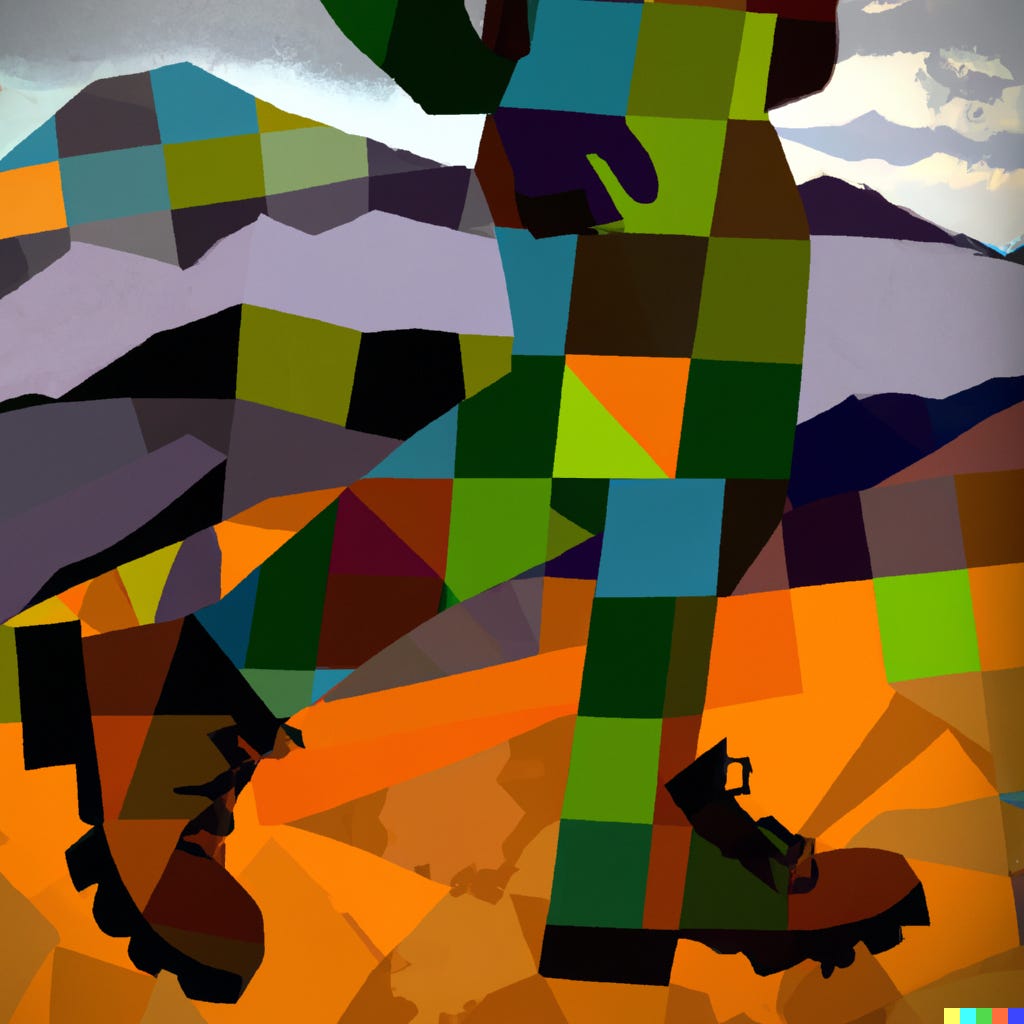


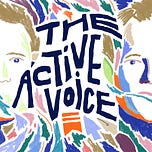


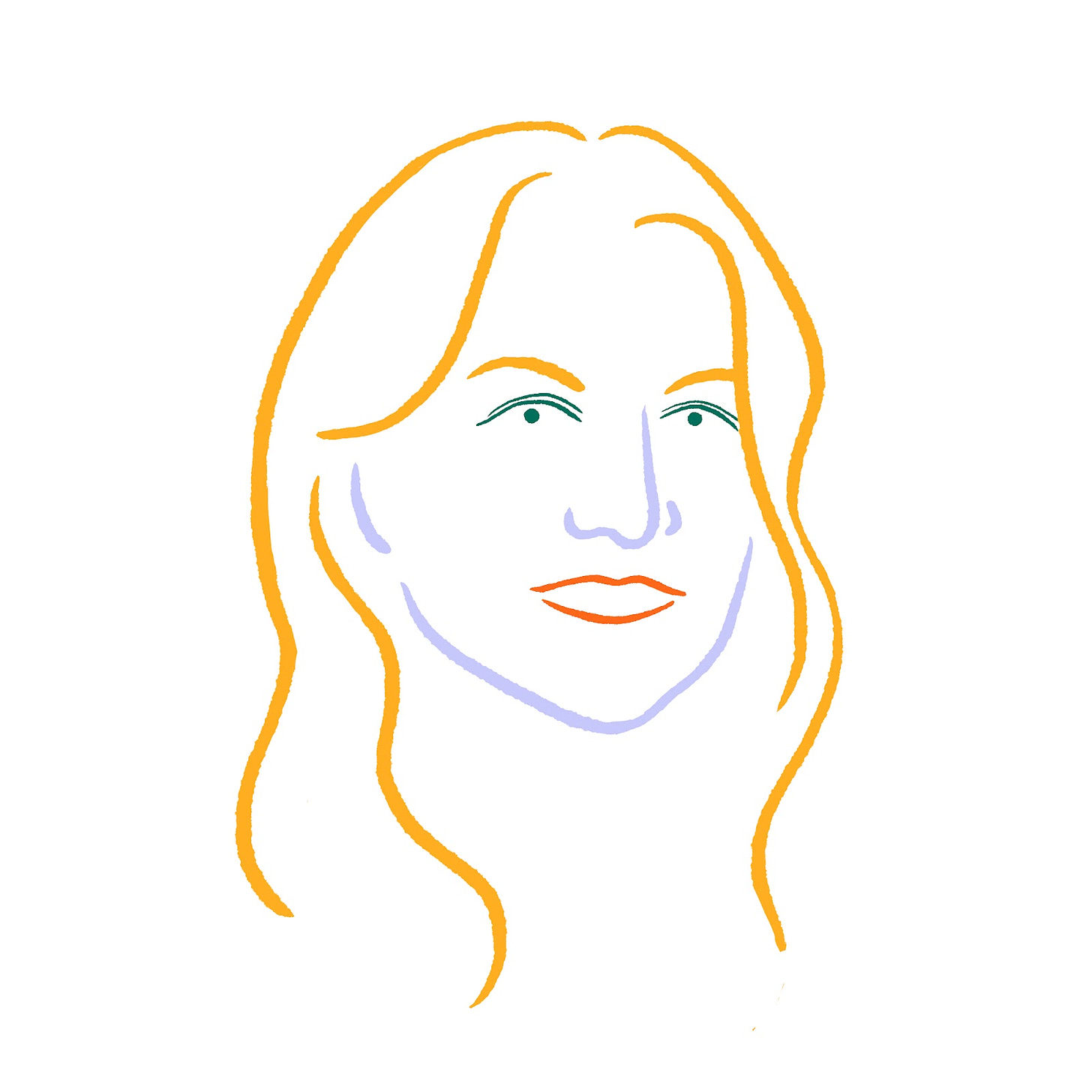
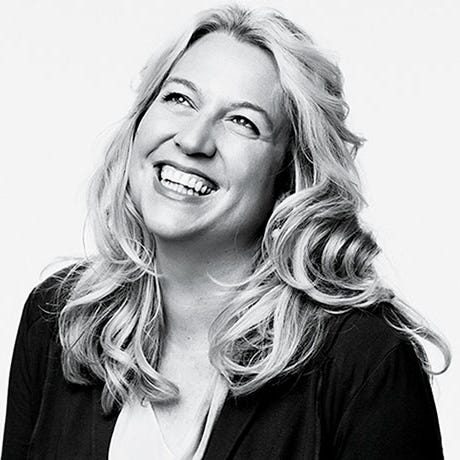


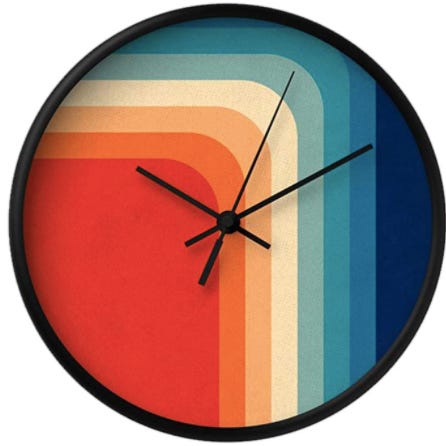






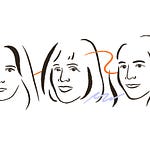




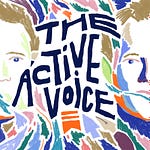
Share this post